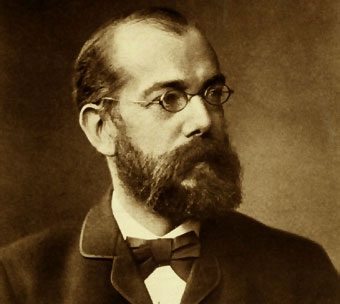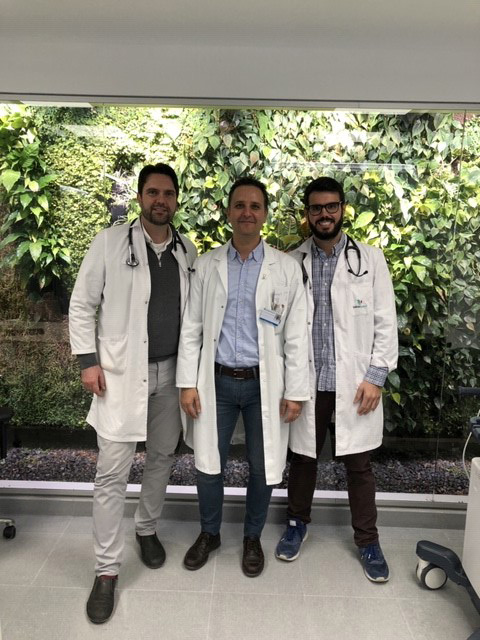Infectious diseases
Before the investigations of Louis Pasteur, Robert Koch or Julius Cohn, the origin, contagion and spread of infectious diseases were explained by curious and imaginative hypotheses that go back to the time of Hippocrates. Today, over the centuries and despite the progress in all areas of medicine, the importance of infectious diseases as a cause of death and suffering has not diminished a bit. In fact, in the XXI century, infectious diseases continue to be the leading cause of death in third world or developing countries, and the third in the first world, after cardiovascular diseases and cancer.
The epidemic of infection by the Human Immunodeficiency Virus (HIV) and its ultimate consequence, the Acquired Immune Deficiency Syndrome (AIDS) that caused millions of deaths in the last 2 decades of the 20th century.
Adaptation and research
The persistence of the global pandemic of tuberculosis or malaria, both with high mortality in third world countries; the increase in infections related to hospital care (nosocomial infections), the acquired resistance to antibiotics by common bacteria in our environment, the appearance of emerging viral pathogens (bird flu, coronavirus, hantavirus, Ebola)… they all recquire that this specialty of medicine constantly adapts and researches the challenges and threats of pathogenic microbes, in order to improve our tools for prevention, diagnosis and treatment.

Dr. Javier Moreno Izarra
Head of the Infectious Diseases Unit of our medical team
Infectious belong to the doctrinal body of Internal Medicine, insofar as their clinical presentation is very frequently nonspecific, with multisystemic or larval involvement (fever, tiredness, weight loss, diarrhea, lymphadenopathy), and in many cases they require a rigorous and well-planned study to be able to be diagnosed.
The treatment of antimicrobials, especially in serious situations (sepsis, resistant bacteria, surgical complications, fragile or immunosuppressed patients) must be carried out with the participation of an internist-specialist in infectious diseases, in collaboration with other specialties involved in patient care. A late diagnosis or start of the antibiotic treatment or the wrong election of it can lead to the irremediable death of a patient with a serious infection.
Robert Koch
Foundations of Microbiology
Robert Koch (Klausthal, 1843 – Baden-Baden, 1910)
German bacteriologist who won the Nobel Prize in 1905. He described the germ theory of disease in the Koch’s Postulates.
He identified the specific causative agents of tuberculosis (Mycobacterium tuberculosis), anthrax (Bacillus anthracis) and cholera (Vibrio cholerae). He is considered, along with Louis Pasteur, the father of bacteriology, and the one who laid the foundations of modern medical microbiology.






